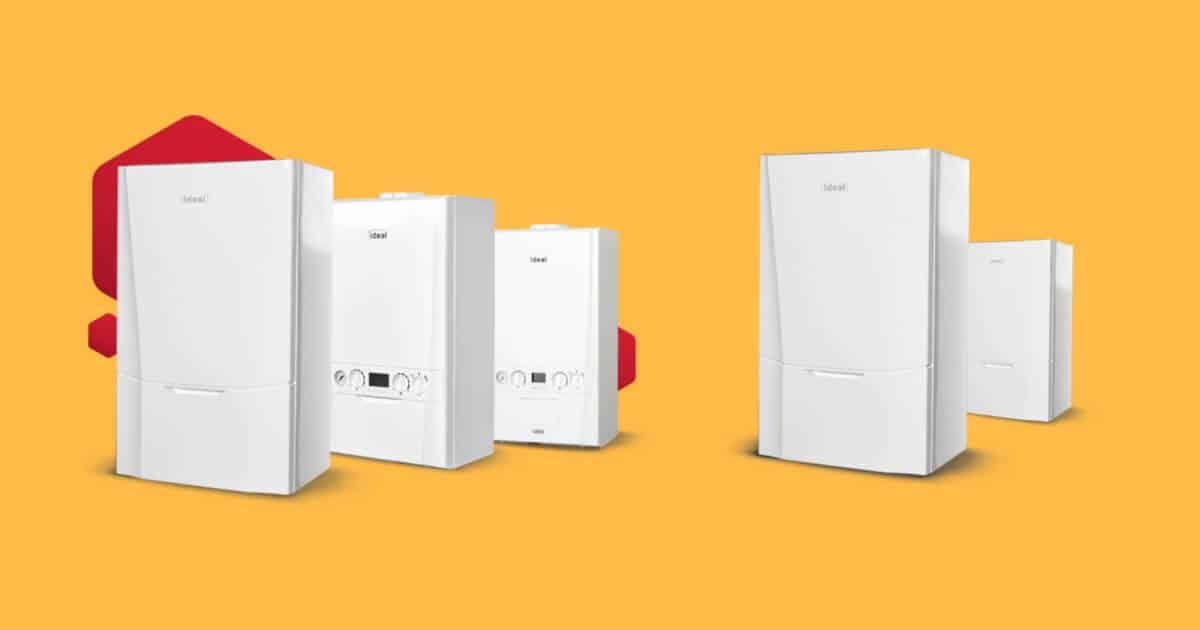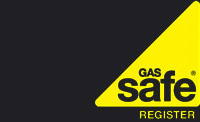
How to choose a boiler isn’t as straight forward as it may first seem.
Receiving the right advice regarding your boiler can be the biggest challenge of all.
You may be baffled by technical jargon on how to choose a boiler.
Confused by complicated explanations on what you need.
Left lost about what your home requires after doing extensive research on the internet.
Our heating engineers will have in-depth knowledge of what is best for your home and will be able to advise you correctly.
Here we give you a basic explanation of what you need to know when asking the question of how to choose a boiler and to ensure that you are receiving the right advice.
HOW TO CHOOSE A BOILER & WHICH TYPE DO YOU NEED?
There are three different types of boiler.
We give you a brief explanation of how to choose a boiler based on your unique purpose so you can make a decision with confidence.
COMBINATION BOILER
A combination boiler is both a high-efficiency water heater and a central heating boiler, combined (hence the name) within one compact unit.
Therefore, no separate hot water cylinder is required, offering space saving within the property.
Pros
- There is no cylinder with a combination boiler which gives you extra storage space.
- The cylinder stores hot water so at times you may be heating up hot water that will not be used which can be inefficient.
- There is also less pipework with a combination boiler especially to the cylinder tank.
- Water is delivered at mains pressure, so you can enjoy a more powerful (although not ‘power’) shower.
Cons
- It’s a priority system, so it only satisfactorily deals with one heating need at a time.
- While fine for small families with one bathroom, larger families will experience poor flow rates when multiple outlets are used at once.
- Performance is also dependent on the flow rate and pressure of your water main entering your property.
SYSTEM BOILER
A system boiler directly heats your central heating system as well as hot water for a storage cylinder.
They are heat only and work like a regular (conventional) boiler on the principle of stored hot water.
However, system boilers do have some distinct advantages and disadvantages.
Pros
- Ideal for larger homes with higher demands.
- They have most of their major components built in (i.e. expansion vessel and pump).
- Installation is quicker, cheaper and neater.
Cons
- Will run out of hot water if not programmed sufficiently.
- Some installers claim they are more complex and prone to problems than regular boilers, such as pressure loss.
HEAT ONLY BOILER
Regular boilers are commonly referred to simply as heat only boilers.
They provide the heat that is used as part of your central heating and hot water that is stored in a cylinder.
Heat only boilers are popular in larger properties but can also be found in traditional property types.
Pros
- The water out of the taps will be at a good flow rate (not to be confused with pressure) and hot water can be supplied instantaneously.
- This is the ideal setup for a ‘power’ shower, which requires a cold water feed from the cistern and a separate electric pump.
Cons
- They’re more expensive to install, needing more components and pipework, and also take up more space.
- They can suffer from low pressure if the cistern is not located high enough, meaning additional shower boosters may be required.
- Hot water can run out.
HOW TO CHOOSE THE RIGHT BOILER SIZE
How to choose a boiler and get the sizing correct can be a fairly complicated task.
A good rule of thumb is to go by the number of radiators the boiler will be responsible for heating.
For example, a small property with fewer than ten radiators should find the smallest size boiler is adequate.
If your home is much bigger and has perhaps twenty radiators, you would probably need the largest size of boiler.
Boilers are measured in kw (kilowatts).
If you live in the property on your own you will demand less of your new boiler than if you had a family with young children.
If you live on your own you may run a shower or do the washing up, but you will be unlikely to do both at the same time.
However, a family may well place more demands on the boiler in this way, and so a larger boiler would probably attain better results.
HOT WATER DEMAND
When sizing up for your boiler for hot water demand your mains water pressure needs to be taken into account.
If you have an older conventional heating system and would like to swap to a combi boiler, you must ensure one main thing.
You match your boiler size to the mains pressure.
An example of this is:
If you currently have a cylinder and 2 bathrooms, with the right system you may find you can run both showers at the same time.
Your hot water stream is unaffected.
If you were to remove the cylinder and fit a combi boiler, you probably are not going to be able to run 2 showers.
Unless, however, both your showers have a flow rate matched to the mains pressure and your boiler is sized to accommodate this.
DO I NEED TRV'S?
TRVs are Thermostatic Radiator Valves and if you do not have them then you should have them fitted when having your boiler replaced.
It is estimated that you can save up to 17% on your energy bills by having TRVs.
THERMOSTAT (STAT)
A room thermostat is a device that will ensure that you heat your room up to the desired temperature.
The heating will then temporarily turn off once this temperature is achieved and switch back on once the heating drops below a certain temperature.
This device will save you from wasting gas and save you money.
POWER FLUSHING
Please see our Powerflushing FAQ’s page of our website.
GAS PIPE SIZE
If your existing boiler has a 15mm gas connection your engineer will quote extra to replace this pipe with a bigger one.
An incorrectly sized gas pipe will cause your appliance to be fitted against the manufacturers instructions and it also conflicts with the gas safety requirements.
IN SUMMARY
Our engineers will advise you on how to choose a boiler and recommend you one that is sized correctly for your hot water.
If you don’t have suitable radiator valves and controls for them, then you need to be upgrading.
Penny pinching at this point is going to cost you money on your gas bill in the long run.
If you’re wanting a job done safely and to a high standard, you shouldn’t always go for the cheapest price you can find.
Don’t be afraid to ask who your engineer is insured with and check them out on the gas safety register.
This shouldn’t be a question an engineer feels sketchy about, they should be eager and willing to disclose all the relevant details.
Get your quote on paper before any work starts, this covers you and the engineer.
Often when going through multiple options exactly what you have agreed on can become cloudy.
We hope this guide has helped you to make sense of some of the common questions our customers seem to have confusion over.

